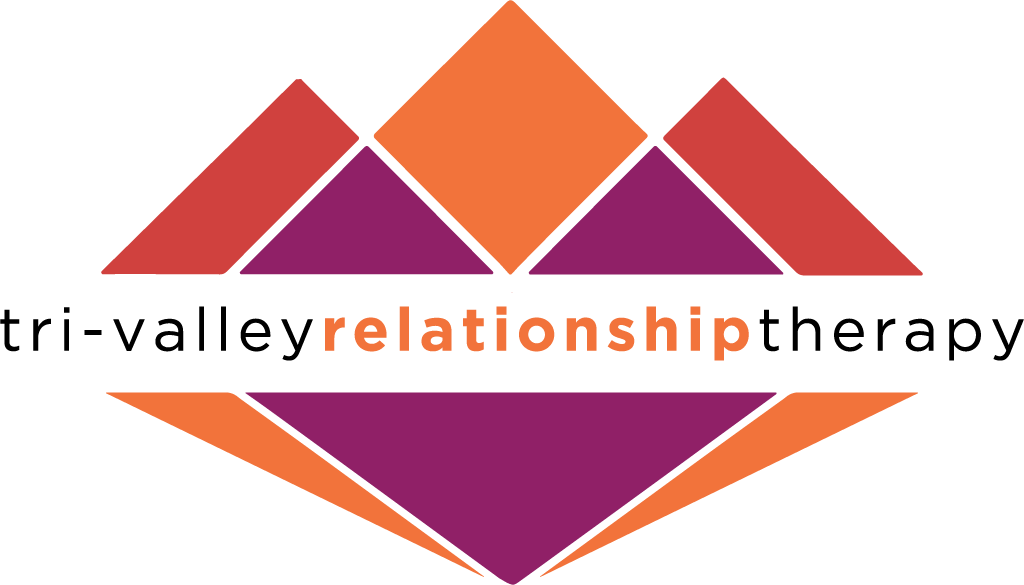Coping With Narcissistic Parents Part II
Individual counseling at Tri-Valley Relationship Therapy, Inc. in Dublin & Oakland can help you cope with a narcissistic parent and minimize the impact on your life and relationships.
With the holidays coming up, I hear many of my clients express concern about being around their parents in cases where family and parental dysfunction and narcissism is present. That prompted me to write an article about the impact of a self-absorbed parent on a child and how the narcissism continues to impact the child in his/her adult relationships. This is the second part of the two part series article about the impact of parental narcissism on a child’s personality and helpful strategies for adult children of narcissistic parents to mitigate the long lasting impact of their parents. The first part summarized the narcissistic features in a parent and the impact of a self-absorbed parent on a growing child’s personality.
In this article, I am sharing a few do’s and don’ts for dealing with narcissistic parents and minimizing the impact of your upbringing on your adult relationships.
DO’S
1. Acceptance-
Letting go off the desire for your parent to change or show empathy for you and your feelings and accepting your parent for who and how they are can be very helpful in reducing your risk for re-injury. By adjusting your expectations, you can reduce your emotional vulnerability and protect yourself from disappointment and rejection.
2. Sympathy vs. Empathy-
In your attempts to empathize with your parent, you run the risk of becoming vulnerable to your parent’s unhealthy and negative feelings and you are more likely to internalize them. You don’t have to be emotionally cold in relation to your narcissistic parent- use sympathy by making comforting and reassuring comments instead of taking on their feelings.
3. Self-empowerment-
Find ways of building a stronger self by developing secure connections, relationships and engaging in activities that give you pleasure and a sense of mastery. By building a stronger sense of who you are, you also build stronger emotional boundaries that protect against taking on other’s feelings.
4. Keep calm-
Use strategies to stay calm under pressure- put aside negative feelings and deal with them when they become less intense. In interactions with your self-absorbed parent, focus more on thoughts than feelings. Use self-statements such as, “ I choose to get back to these feelings at a later time and I don’t need to react right now.”
5. Limit contact-
It is best to limit your contact with your narcissistic parent. Some people choose to have NO contact with their toxic parent and that is also a healthy option, depending on your circumstances. Listen to yourself and trust your instincts.
6. Affirm yourself-
Use positive self-statements to break free from the pattern of allowing your parent’s perceptions determining your feelings and your inability to let go off the fantasy about your narcissistic parent miraculously changing into a loving parent.
7. Exercise choice-
It’s hard to fathom but you can control the way you feel. Assert that control by consciously choosing to not react to your parent’s attempts to trigger you.
8. Build a barrier-
Use your body language and gestures to build a protective barrier when you interact with your self-absorbed parent. Make minimal eye contact, relax your body, use an object to create a barrier such as a desk, check out mentally, monitor your facial expressions for anger and use mental shrugs to create distance between you and your parent’s negative projections.
DON’TS
1. Don’t seek revenge-
Retaliating against your self-absorbed parent is not going to bring you any satisfaction but empowering and asserting your self will. Focus on everything in life that is uplifting and inspiring.
2. Don’t confront-
This is a very common mistake that many adult children make- confronting their self-absorbed parent to get them to see how they need to change. It does not do any good because the parent is incapable of empathizing with their child’s feelings or needs and any requests to change is perceived as an attack leading to narcissistic rage.
3. Don’t share-
It is ill-advised to share your feelings, aspirations, goals, concerns and problems with your narcissistic parent because there is a high probability of the information being manipulated and used in the future to cause you injury. Be extremely selective about what you share and limit the sharing to neutral and superficial topics.
4. Don’t let negativity fester-
Accept the fact that you have zero control over your parent’s feelings or thoughts and everyone, including you and your parent are independent beings. Remind yourself of everything that you have to offer and understand that by dwelling on negative thoughts, you are only aligning with your parent’s negative perceptions of you. Feel empowered that you can survive without your parent’s acceptance and you are more than capable of taking care of yourself.
Written by: Nagma V. Clark, Ph.D., L.P.C.C. specializing in sex therapy, couples therapy & marriage counseling, premarital counseling, individual relationship therapy & LGBTQQI couples counseling at Tri-Valley Relationship Therapy, Inc. in the East Bay, in Dublin & Oakland.
If you were raised by a self-absorbed or narcissistic parent and would like to know how it impacts you today, individual counseling & therapy at Tri-Valley Relationship Therapy, Inc. in the East Bay can help.
Call 925-400-3541 or email doctor.nvclark@gmail.com to schedule a free 15 minute phone consult or fill out the contact form and you will be contacted within 12-24 hours.

